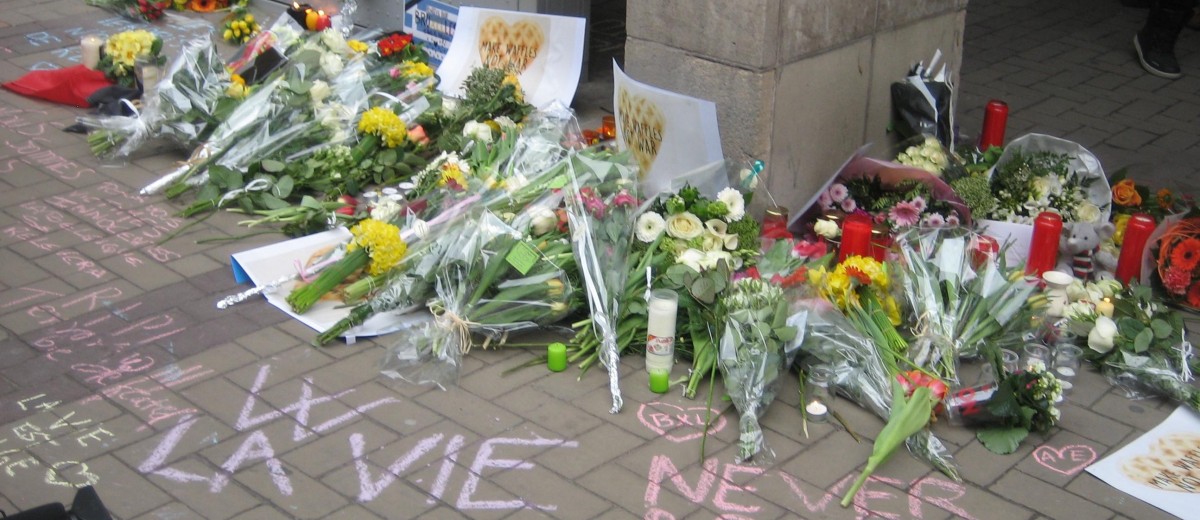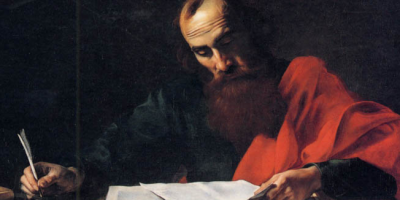The flowers still lay all over the Maelbeek metro entrance in Brussels last week as my colleague and I made our way to the hotel around the corner for consultations on European issues, including the terrorist challenge to social cohesion.
The metro station reopens today, but life has not yet returned to normal, whatever that means now. Train traffic to Brussels airport resumed on Friday, but long delays are still the order of the day.
Until four years ago, terrorism had been a national problem, we learned at the consultation. Attacks had been aimed at a single state, a single enemy. Today however there was a plurality of threats, non-military threats. Unlike the threat of al-Qaida, when non-western citizens attacked western targets, today the threat came from within Europe, from EU-passport holders. European values were under attack. European citizens were exploiting the freedoms of the European states to attack those freedoms.
What was worse, we were asked: terrorism or the terror of terrorism? We were being presented with a false dichotomy by xenophobic, nationalistic parties that we needed to choose between democracy or security. Our European solidarity was under threat. Democracy and internal relationships were being undermined. Yet real democracy could not exist without security and vice versa, we heard.
Shifting landscape
Hard security, military-style, could not be the full answer. Social tools were needed. The local Muslim communities need to be part of the solution.
Daesh, or ISIS, were under great pressure in Syria and were losing territory there. Yet special units were being trained in Syria for attacks in Europe. Internet and social media such as YouTube was being used extensively to recruit and communicate. Within two hours of the carnage of the Brussels attack, 100,000 had joined in to celebrate on the internet.
Daesh, an adapted acronym of their Arabic name – Dawlat al-Islamiyah f’al-Iraq w Belaad al-Sham – is similar to another Arabic word – das – which means ‘to trample down’ or ‘crush’, an association Daesh greatly dislike. They have reportedly threatened to cut out the tongues of anyone who uses it in public.
Understanding the shifting landscape was essential to develop effective responses, we heard, which had to include the mobilisation of civil society, not just the authorities. That included churches, Christian organisations, NGO’s, media, schools and even families, I realised.
Terrorism is an issue demanding a response from all of us. A default response is one of fear and hatred, as preached by populist politicians, exactly the response terrorists seek. Yet we fall into the trap of thinking like the terrorists when we allow difference to become a reason for emnity. For Jesus-followers, it requires drawing deeply from biblical values as well as asking for grace and mercy in our responses. I was challenged recently by the statement that national and international justice stood or fell with unconditional mercy towards the other.
Certainly the so-called European values of human dignity, equality, freedom, peace and solidarity are under siege by terrorism. Each of these values needs truly biblical foundations to sustain them. Dignity requires an understanding of each human being, of all ethnicities, as reflecting the image of God. Equality and brotherhood evaporates if not rooted in the fatherhood of God. Freedom can only be properly realised in the pursuit of God’s intentions for humans.
Digging deeper
Today’s situation is forcing us to dig deeper and think more clearly. We need to help each other. We are being stretched beyond our comfort zones. It takes us beyond the scope of our local churches. We need input from those who see a bigger picture.
The sessions on security and defense at the State of Europe Forum, discussing with others who share biblical perspectives and values, can help us understand the fast-changing landscape, not only on terrorism, but also concerning the current East-West tensions. Our two main contributors are:
Julian Lindley-French, (UK) moves in NATO circles and is an internationally-recognised strategic analyst, advisor and author. He was formerly Eisenhower Professor of Defence Strategy at the Netherlands Defence Academy, and Special Professor of Strategic Studies at the University of Leiden.
AntonGiulio de’Robertis (IT) was consultant on East West relations for the Italian party Democrazia Cristiana. The founder and secretary general of the De Gasperi Foundation, he is professor at the University of Bari (Italy), and also teaches at the University of Rome La Sapienza and the State University St. Petersburg. Today he is also Vice president of the Italian-Atlantic committee.
On the information page about this track, one of ten tracks, you can also download and read an insightful interview with Dutch terrorist expert, Beatrice de Graaf, who was not able to accept our invitation to address this session due to prior engagements in Cambridge: ’11 lessons on terrrorism’.
Get equipped. Register for the State of Europe forum, May 8 & 9, Zuiderkerk, Amsterdam.
Till next week,



